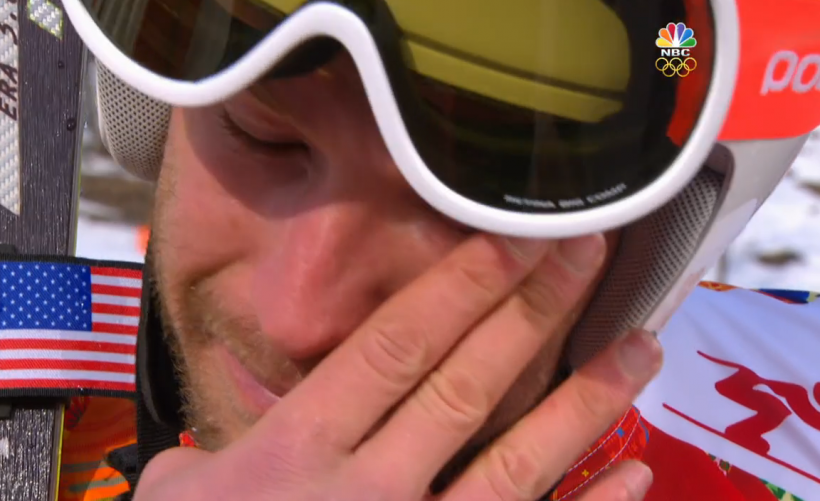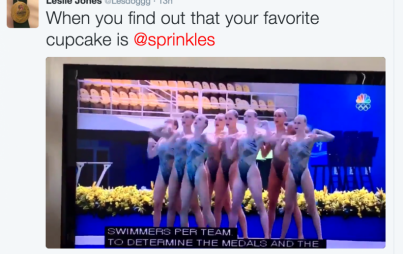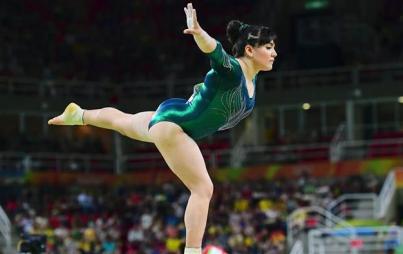
In the interview now heard ‘round the world, NBC’s Christin Cooper drove bronze medalist US Olympic skier Bode Miller to an emotional breakdown after repeatedly asking him about his brother, who passed away in his van from a seizure.
Twitter exploded with outrage over Cooper’s dogged persistence on the topic, with Miller finally dropping to his knees in tears. While the Olympian clearly struggled with the Cooper's inqueries, Miller took to the internet to defend her, insisting, “she asked the questions every interviewer would have.”
But what does it say about our society that Miller assumes “every interviewer” would have pushed him to his breaking point?
We’ve talked about how we could be mentally martyring our Olympic heroes, and this is a great example of the potential damage we could be inflicting. John Travolta’s son, for example, also passed away from a seizure — would we accept a red carpet reporter invading his space on such a personal level? Especially in an arena of celebration and accomplishment? What is it with our athletes that makes us feel entitled to their personal history and not just their performance?
Both Miller and NBC are backing Cooper’s feigned interest in the skier’s pained heart (we personally aren’t buying one syllable of it), but we highly doubt the offending party would feel the same if the tables were turned. Our fascination with Olympians’ mental health extends long before the Tonya Harding scandal, but who benefits from this obsession ... except for ratings? It’s highly doubtful that so much pressure enhances an athlete’s performance, so the question begs to be asked — how much are we watching and hoping for failure instead of success?
Something about humanizing Olympians seems to be insatiably addictive to Americans, and we can’t be satisfied until we’ve poured over every last morsel of sadness, self-doubt, jealousy and resentment.
It leads us to the decision that when it comes to the next competition, we’re gonna watch the TV on mute.






